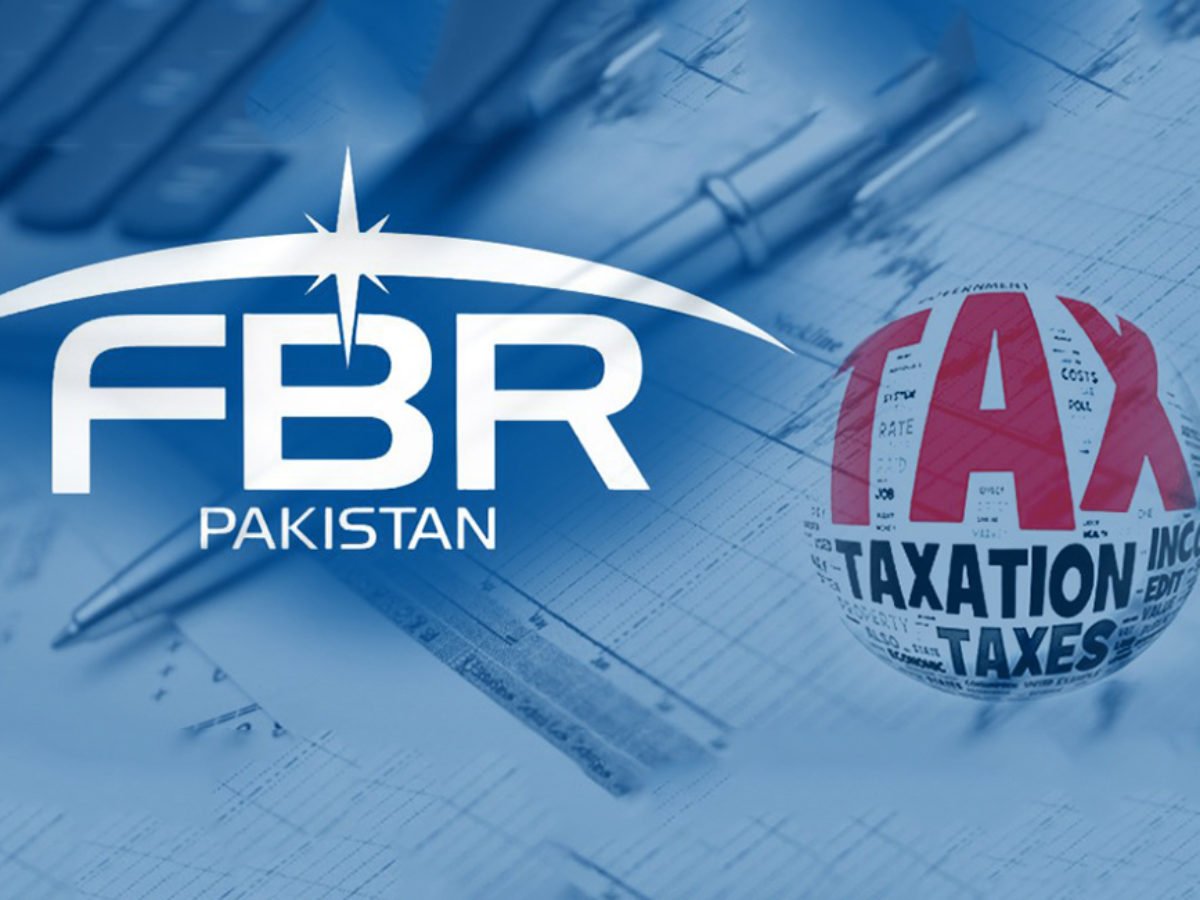The Federal Board of Revenue (FBR) has initiated a new revenue generation drive aimed at collecting an additional Rs. 250 billion from retailers to address the ongoing revenue shortfall.
The International Monetary Fund (IMF) has reviewed the FBR’s administrative measures designed to raise this amount through its Compliance Risk Management (CRM) framework, which focuses on bringing millions of retailers into the tax net.
The government plans to enhance revenue collection by enforcing the CRM framework, expanding the Compliance Improvement Plan (CIP), and implementing the Tajir Doost Scheme in 36 additional cities. To combat tax evasion, the FBR has integrated tax data from 145 agencies and introduced digital invoicing, track-and-trace mechanisms, and stricter enforcement measures. Additionally, there are plans to amend protocols to improve monitoring throughout the supply chain.
To further enhance compliance, the FBR is developing AI-driven audits and will scrutinize 3-5% of the six million filed returns. The agency is also in the process of hiring independent auditors. The IMF will review Pakistan’s tax penalty system to help formulate a General Anti-Avoidance Rule (GAAR).
In a separate initiative, the IMF and the government will assess economic performance for the first half of FY 2024-25 and discuss necessary macroeconomic adjustments.










